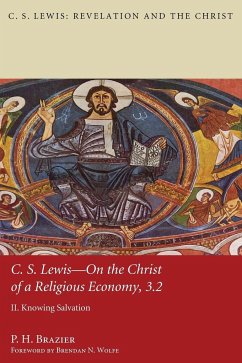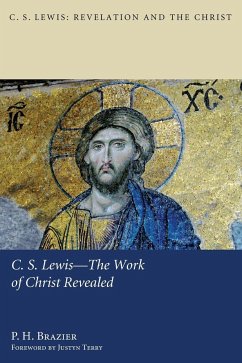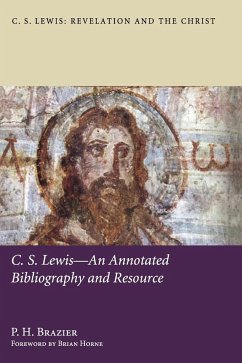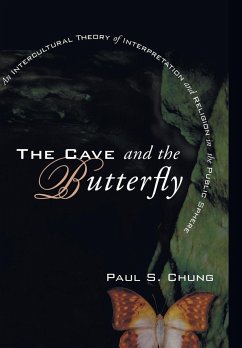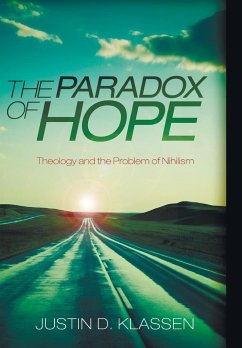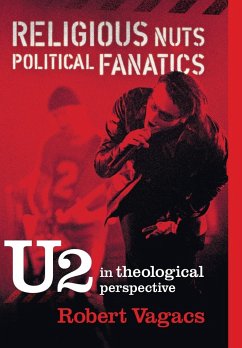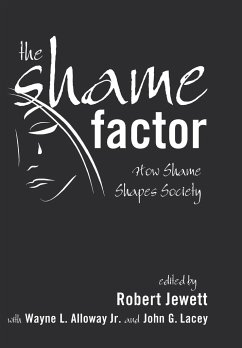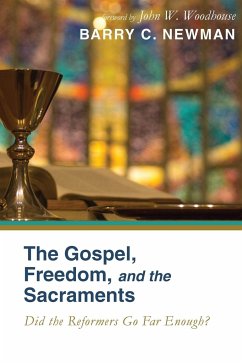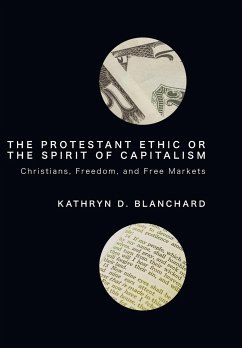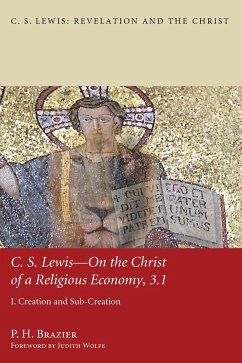
C.S. Lewis--On the Christ of a Religious Economy, 3.1
I. Creation and Sub-Creation
Versandkostenfrei!
Versandfertig in über 4 Wochen
63,99 €
inkl. MwSt.
Weitere Ausgaben:

PAYBACK Punkte
32 °P sammeln!
Description: C. S. Lewis--On the Christ of a Religious Economy I, Creation and Sub-Creation opens with Lewis on creation, the fall into original sin, and the human condition before God and how such an understanding permeated all his work, post-conversion. For Lewis, Christ, the second person of the Trinity, is the agent of creation and its redeemer. This leads into Lewis's representation through sub-creation: explaining salvation history and the purpose of the creation and the creature through story (The Chronicles of Narnia, The Space Trilogy, Screwtape, etc.), but also the question of multip...
Description: C. S. Lewis--On the Christ of a Religious Economy I, Creation and Sub-Creation opens with Lewis on creation, the fall into original sin, and the human condition before God and how such an understanding permeated all his work, post-conversion. For Lewis, Christ, the second person of the Trinity, is the agent of creation and its redeemer. This leads into Lewis's representation through sub-creation: explaining salvation history and the purpose of the creation and the creature through story (The Chronicles of Narnia, The Space Trilogy, Screwtape, etc.), but also the question of multiple incarnations, and the encounters he pens between Aslan-Christ and creatures. What does this tell us about the human predicament and our state after the fall? This volume forms the first part of the third book in a series of studies on the theology of C. S. Lewis titled C. S. Lewis: Revelation and the Christ. The books are written for academics and students, but also, crucially, for those people, ordinary Christians, without a theology degree who enjoy and gain sustenance from reading Lewis's work. Endorsements: ""In this truly wonderful book, Brazier . . . shows us how Lewis, a gifted storyteller, was able to appropriate the Hebrew creation account as a symbolic telling of a fundamental truth about the human condition. In the process, the reader is shown how classical Christian orthodoxy is upheld. . . . A pleasure to read for theologians and literary aesthetes alike."" --Gerald L. Bray, Research Professor of Divinity, Beeson Divinity School ""Like Lewis, Brazier casts a wide net, and his book is intended to appeal not only to students and theologians but also to the general reader. Never bogging down in obscure theological and philosophical discussion, Brazier leads us unerringly through the subtlety and rigor of Lewis' mind and imagination. . . . C. S. Lewis--On the Christ of a Religious Economy, 3.1 is an invaluable resource for literature as well as theology teachers."" --Suzanne M. Wolfe, Professor of English, Seattle Pacific University ""Brazier's work on the revelation of God in Christ will appeal to a very broad readership: academics and ministers, low church and high church, Lewis experts, and those exploring Lewis for the first time. Brazier's lucid and sympathetic explanations of Lewis' thought and theology provide an enormously valuable contribution to the existing corpus of Lewis studies."" --Lucy Peppiatt, Dean, Westminster Theological Centre ""As interest in and acclaim for the work of C. S. Lewis burgeons forth into a second century, more deeply rooted, systematic theological inquiry into the work of Lewis is essential. We are fortunate that Brazier answers this call for careful and contextualized analysis of Lewis' theology admirably and comprehensively in his ambitious and erudite series."" --Bruce L. Edwards, Professor Emeritus of English and Africana Studies, Bowling Green State University About the Contributor(s): P. H Brazier is an independent theologian and scholar living in London. He is the author of Barth and Dostoevsky (2008), and editor of the late Colin E. Gunton's The Barth Lectures (2007) and Revelation and Reason (2009).





